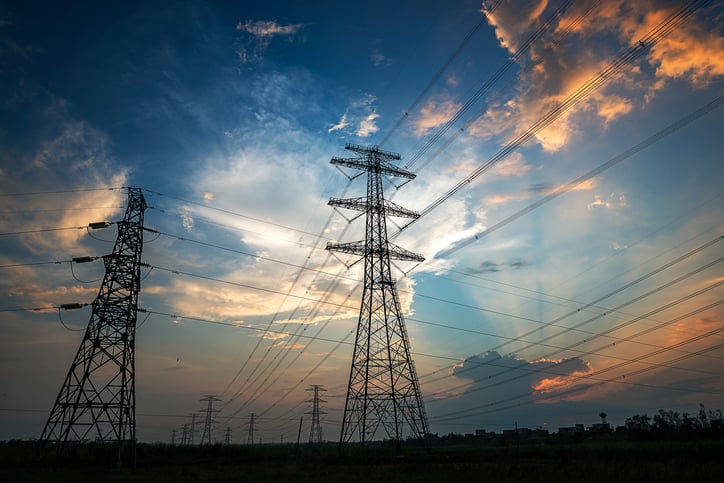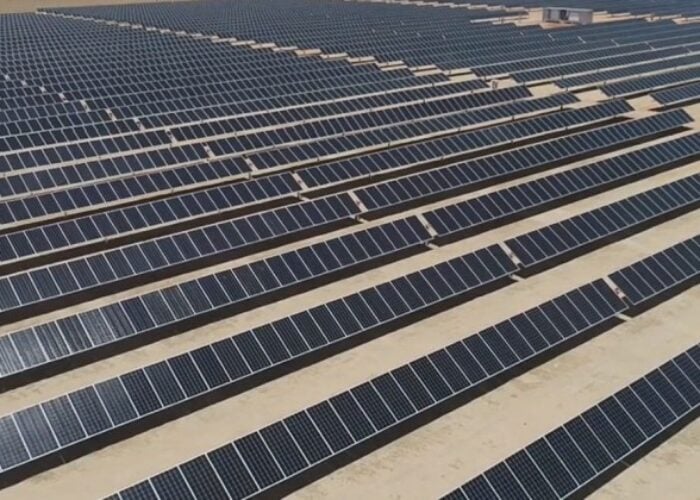
European countries’ expanded plans for solar PV deployments may be held up by a lack of grid infrastructure development, according to solar trade body SolarPower Europe (SPE).
The revised National Energy and Climate Plans (NECP) of EU member states —all of which, except for Austria, have now been submitted—constitute an 87% increase in solar deployment targets by weighted average compared with the original 2019 plans. An August 2023 study by SolarPower Europe found that the new NECP targets raised Europe’s 2030 PV target by 90GW.
Try Premium for just $1
- Full premium access for the first month at only $1
- Converts to an annual rate after 30 days unless cancelled
- Cancel anytime during the trial period
Premium Benefits
- Expert industry analysis and interviews
- Digital access to PV Tech Power journal
- Exclusive event discounts
Or get the full Premium subscription right away
Or continue reading this article for free
In addition to large markets like France—now seeking 60GW of PV this decade—Spain (76GW) and Portugal (20.4GW), SolarPower Europe highlighted Ireland and Lithuania, which have increased their targets by more than tenfold and fivefold, respectively.
However, in pushing for greater solar deployment without the grid infrastructure and energy storage to support it, SPE senior policy advisor Jonathan Bonadio said that Europe “risks putting the cart before the horse.”
He continued: “Energy system planning needs to be in sync with energy generation targets. Without proper energy system planning, solar projects will be held up, solar energy will be wasted, and the business case of solar will be undermined.”
In particular, SolarPower Europe’s statement criticised the lack of demand-side flexibility in the current NECP drafts. It said the NECPs “do not reflect the investments needed for grid deployment, flexibility, and digitalisation.”
The statement pointed out that “Demand-side flexibility means less investment is needed for slow-to-build grid infrastructure.
“Though a lack of storage infrastructure, or demand-side response, will undoubtedly and unnecessarily put pressure on the electricity grid, only 2 EU countries have set a target or an investment plan for their distribution electricity grid – France and Malta.”
Grid constraints – at both transmission and distribution scales – are already of concern for Europe’s solar markets. Interconnection queues are already backing up in Italy and a September report from electricity industry body Eurelectric said that the grid was the “main barrier” to Europe’s Net Zero goals. This report said that a focus on grid modernisation, flexibility and digitisation was needed to adapt a traditional, centralised grid to the more diverse and distributed nature of renewables.
SolarPower Europe echoed these same points in its recent statement and called for greater clarity on energy storage targets in countries’ NECPs. It said: “Most EU countries…fail to plan to empower the use of renewables 24/7, day or night.”






